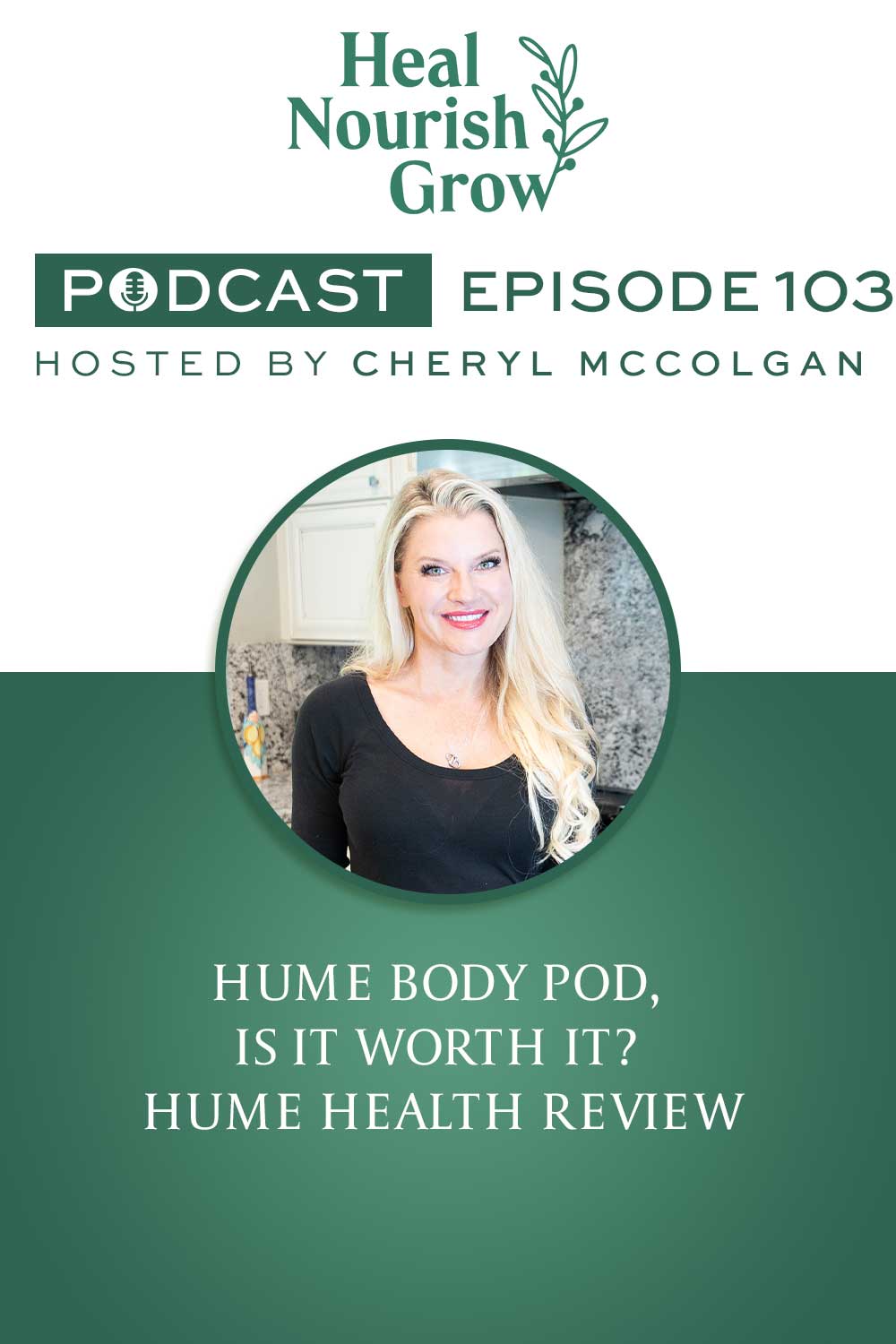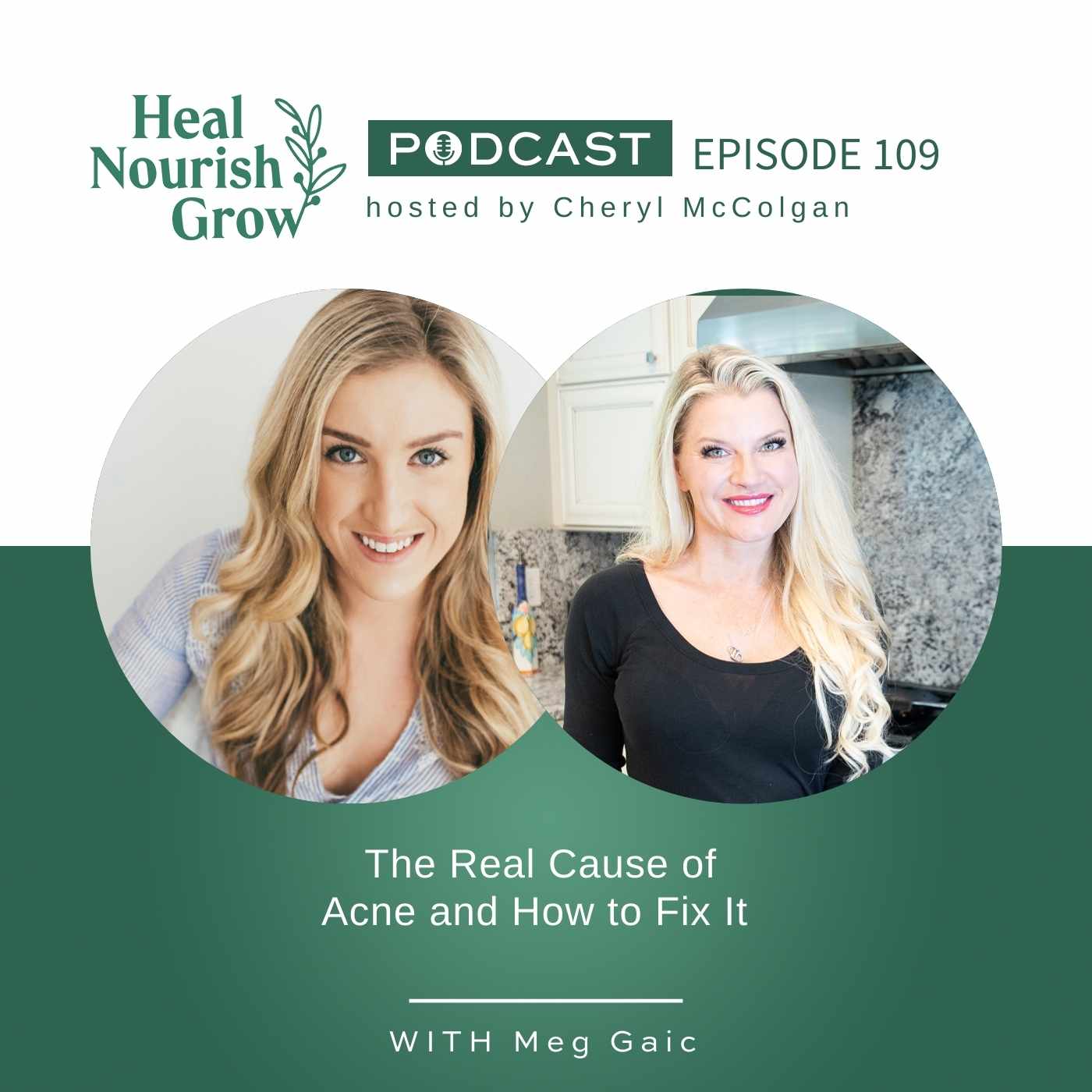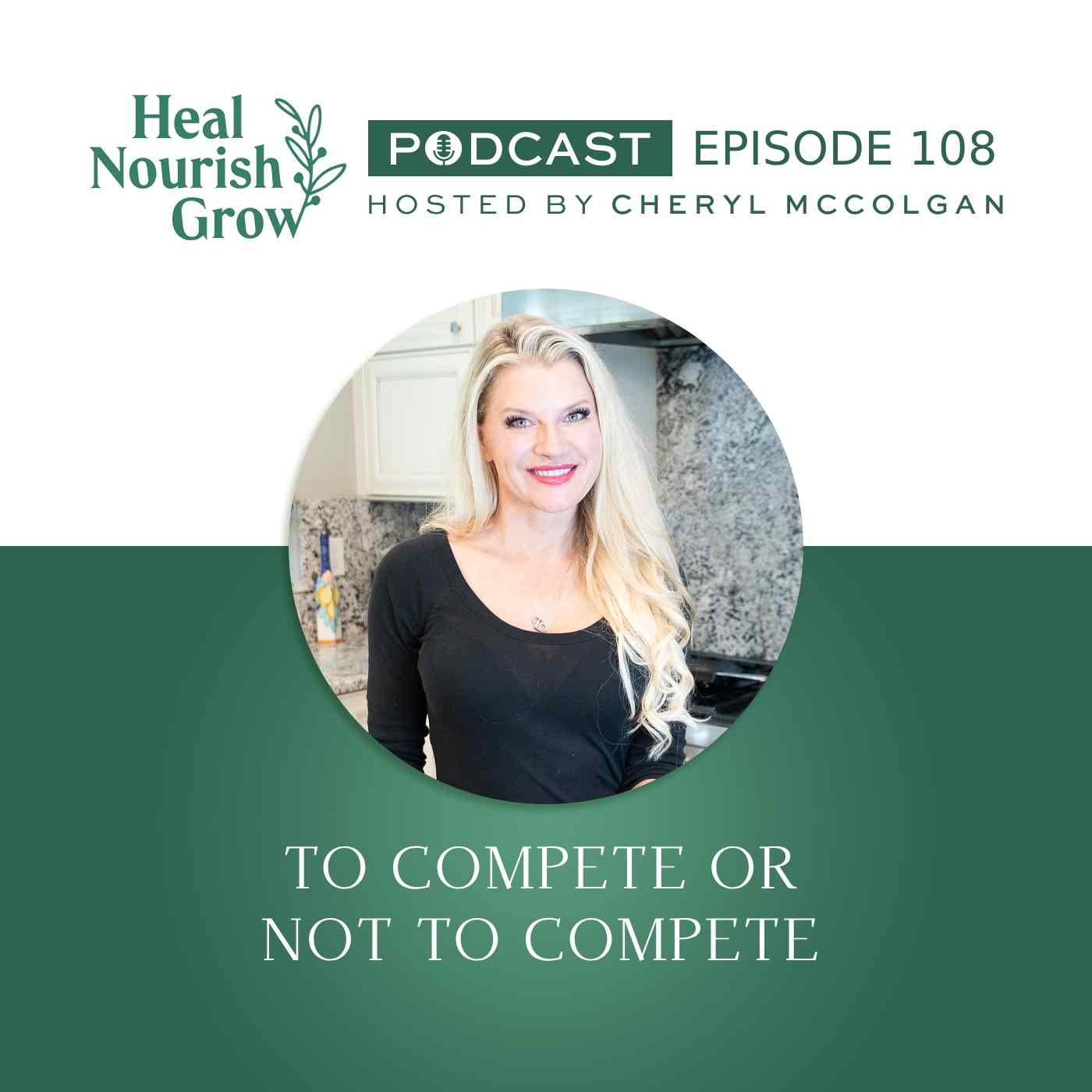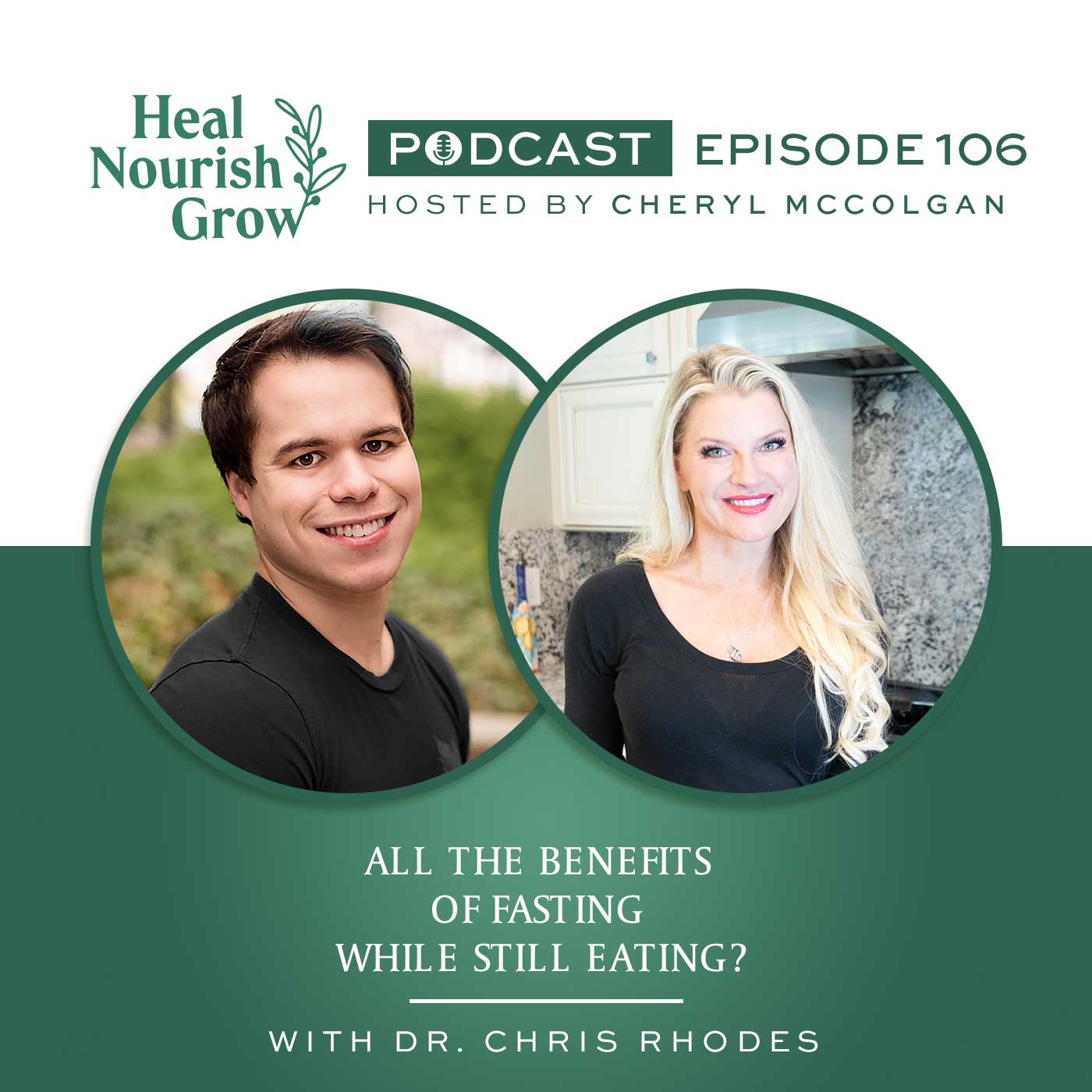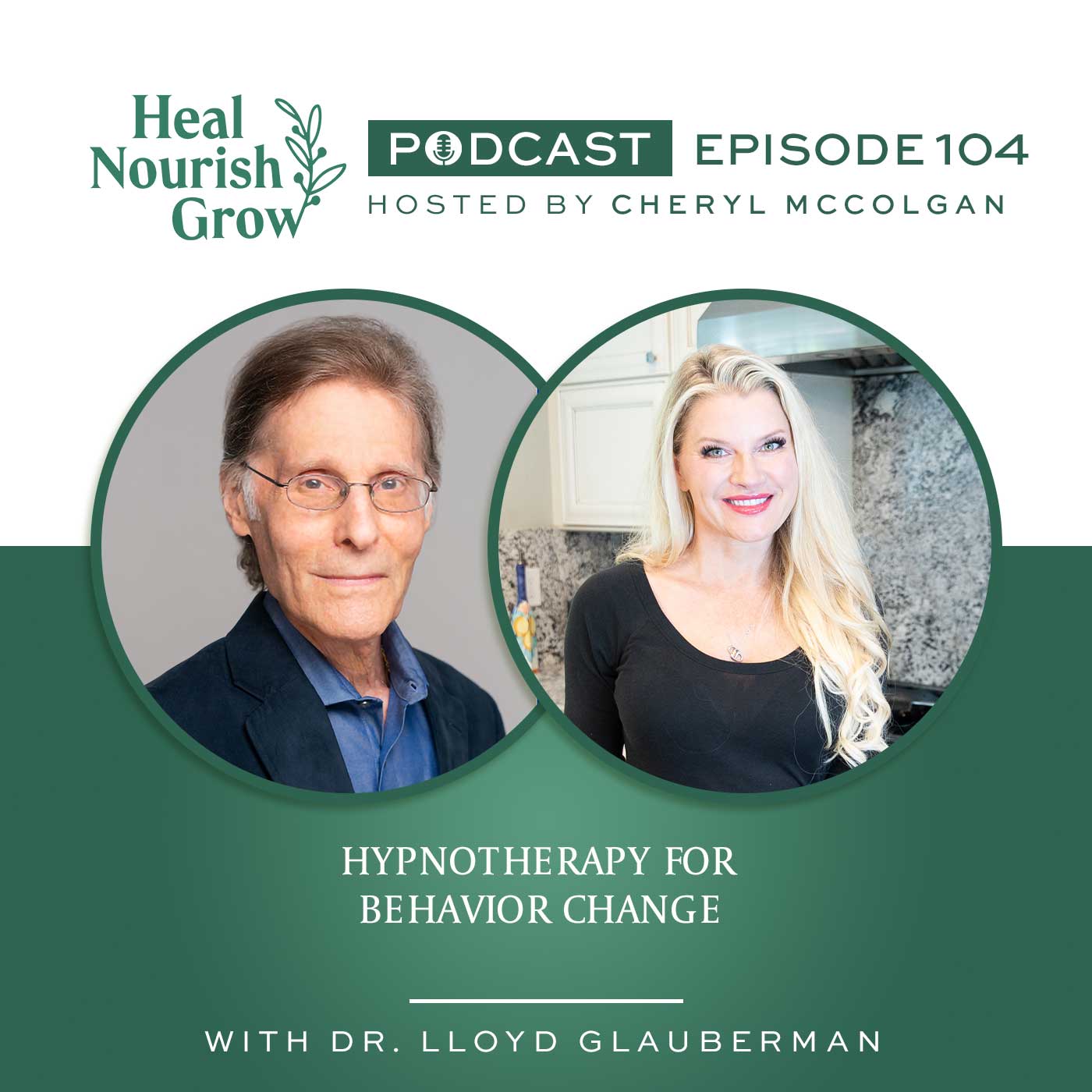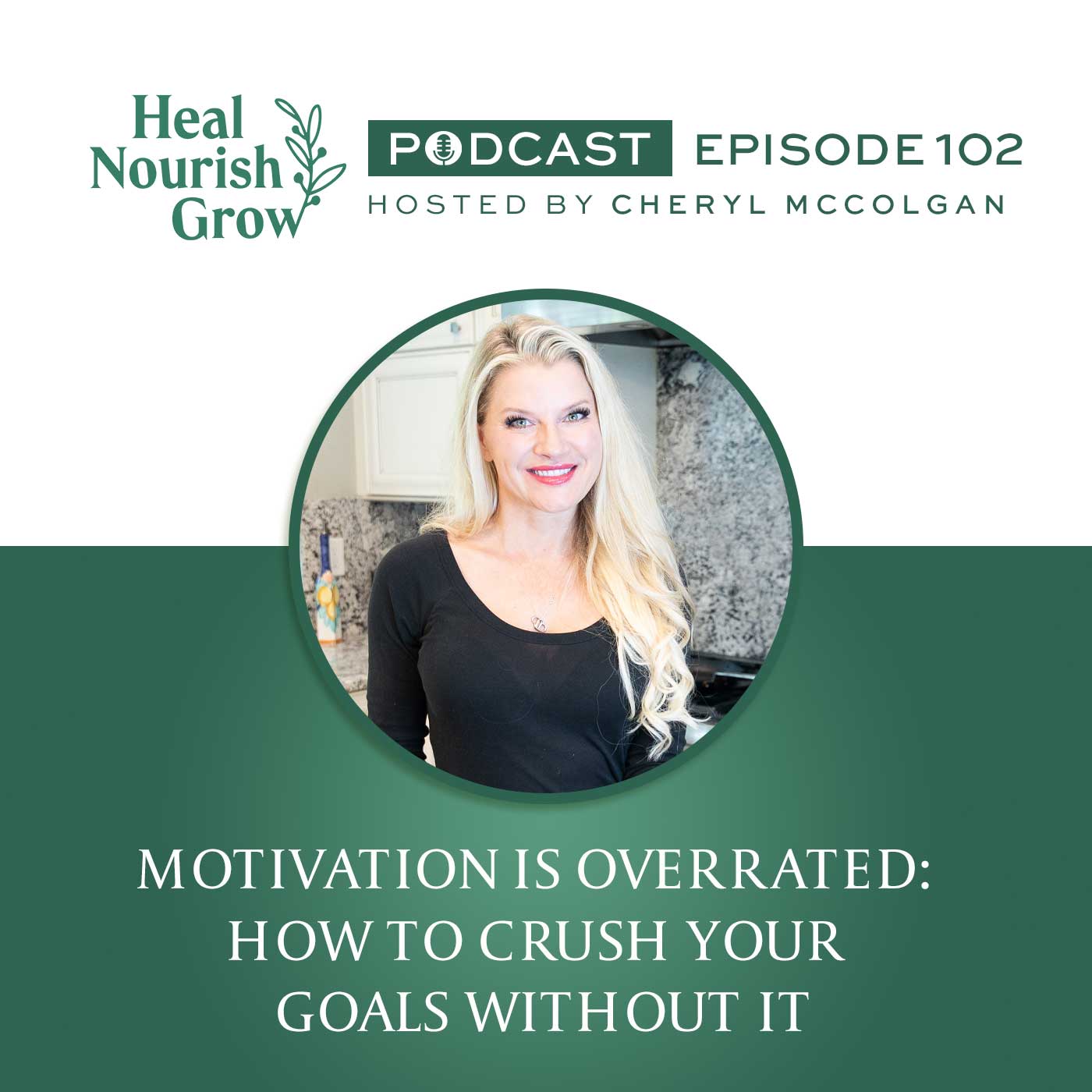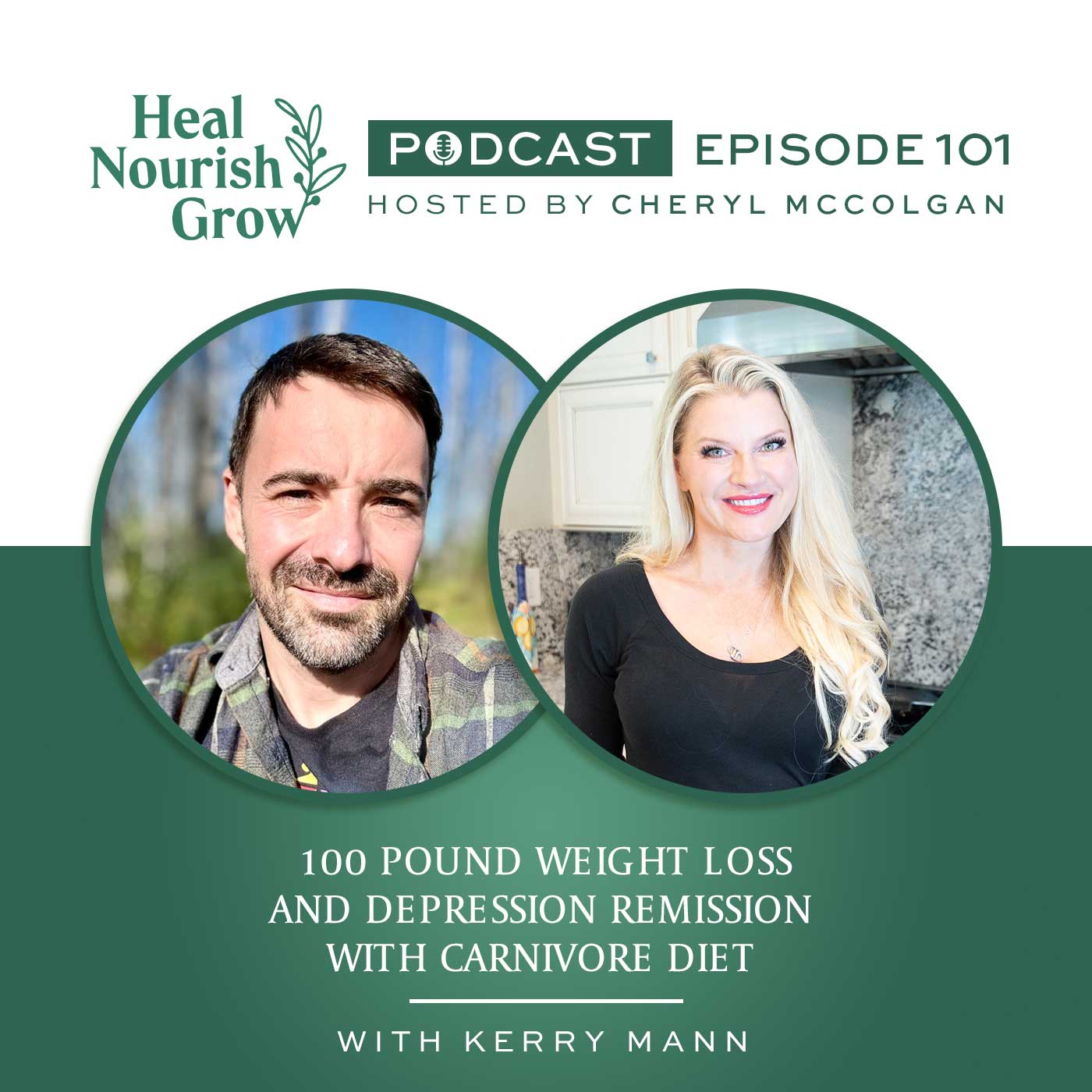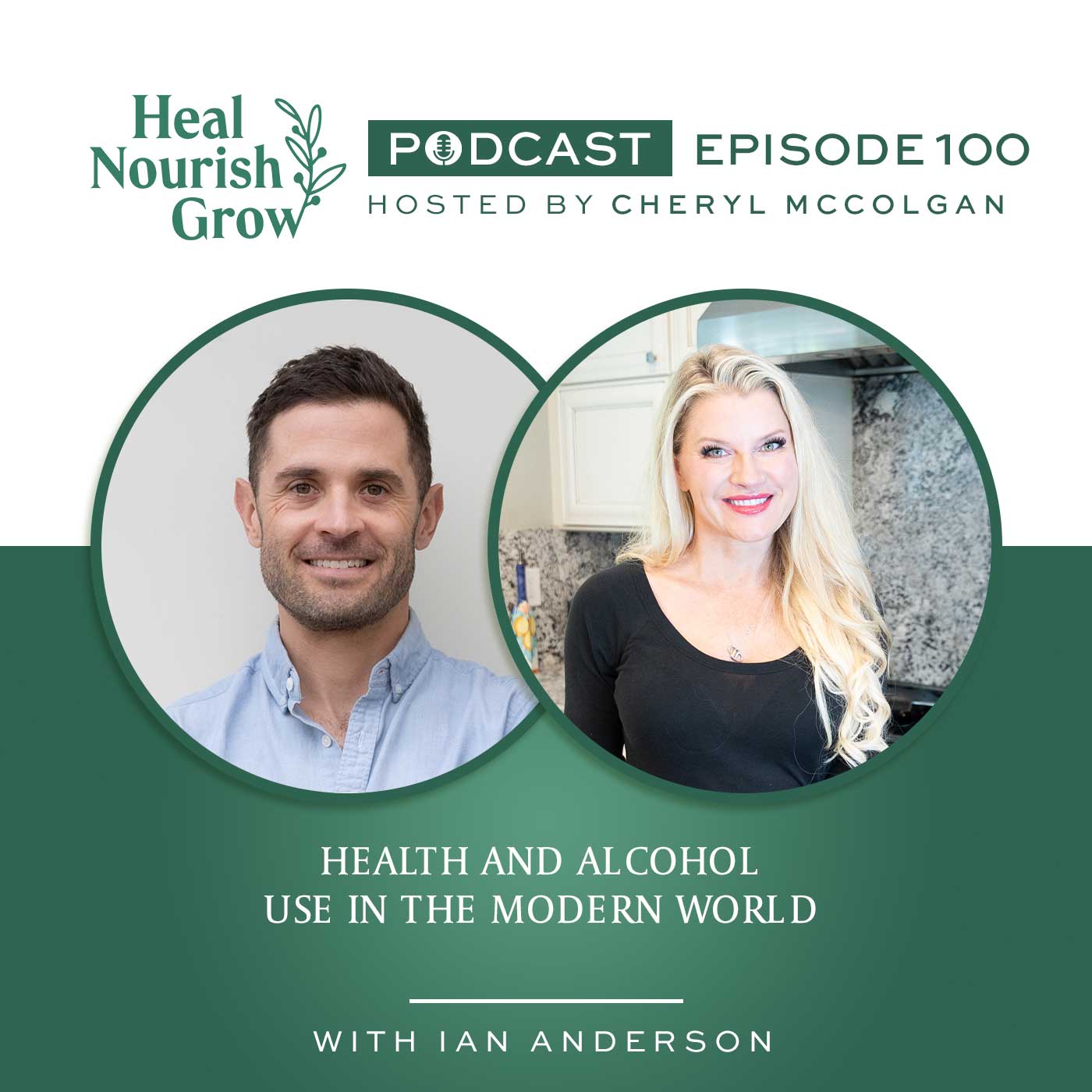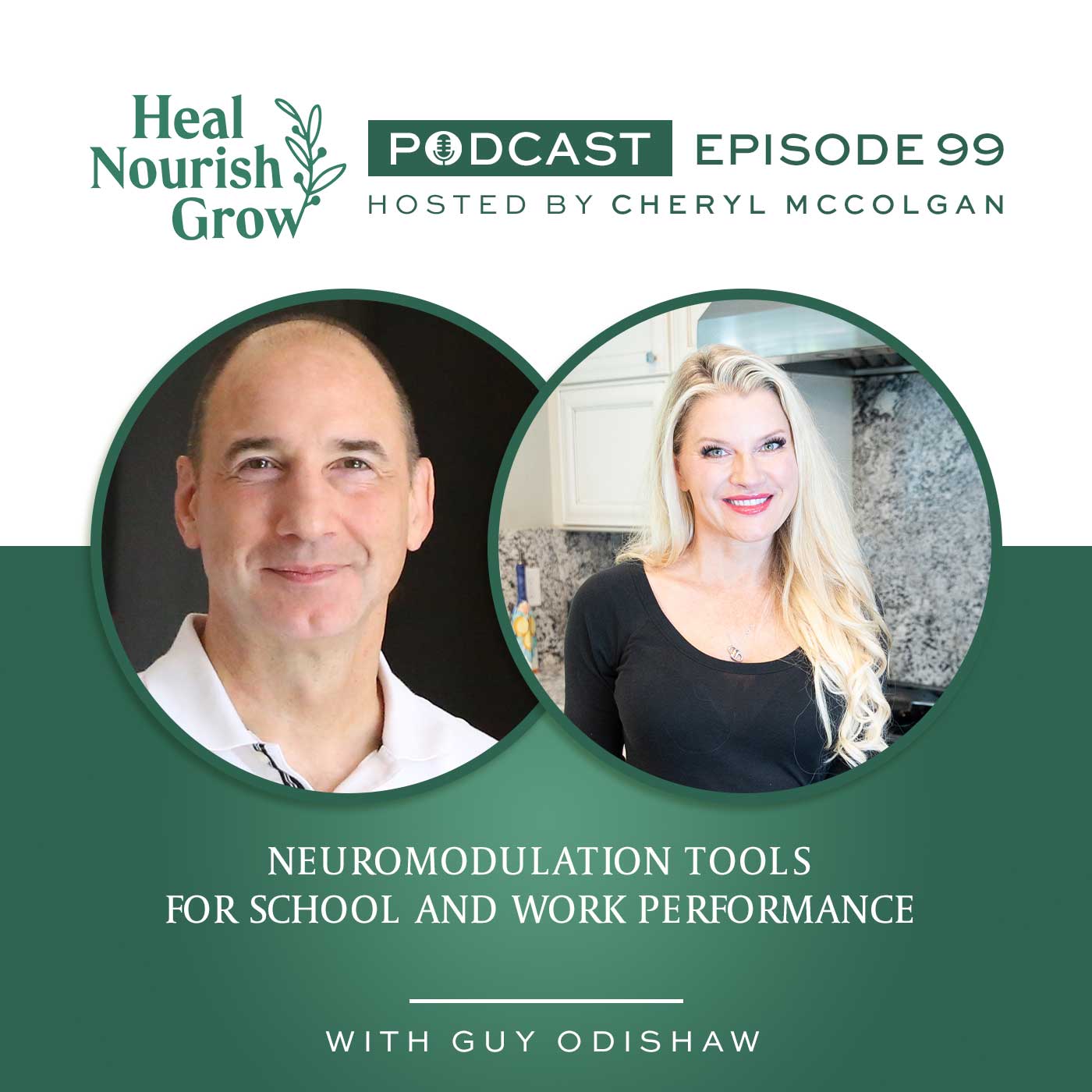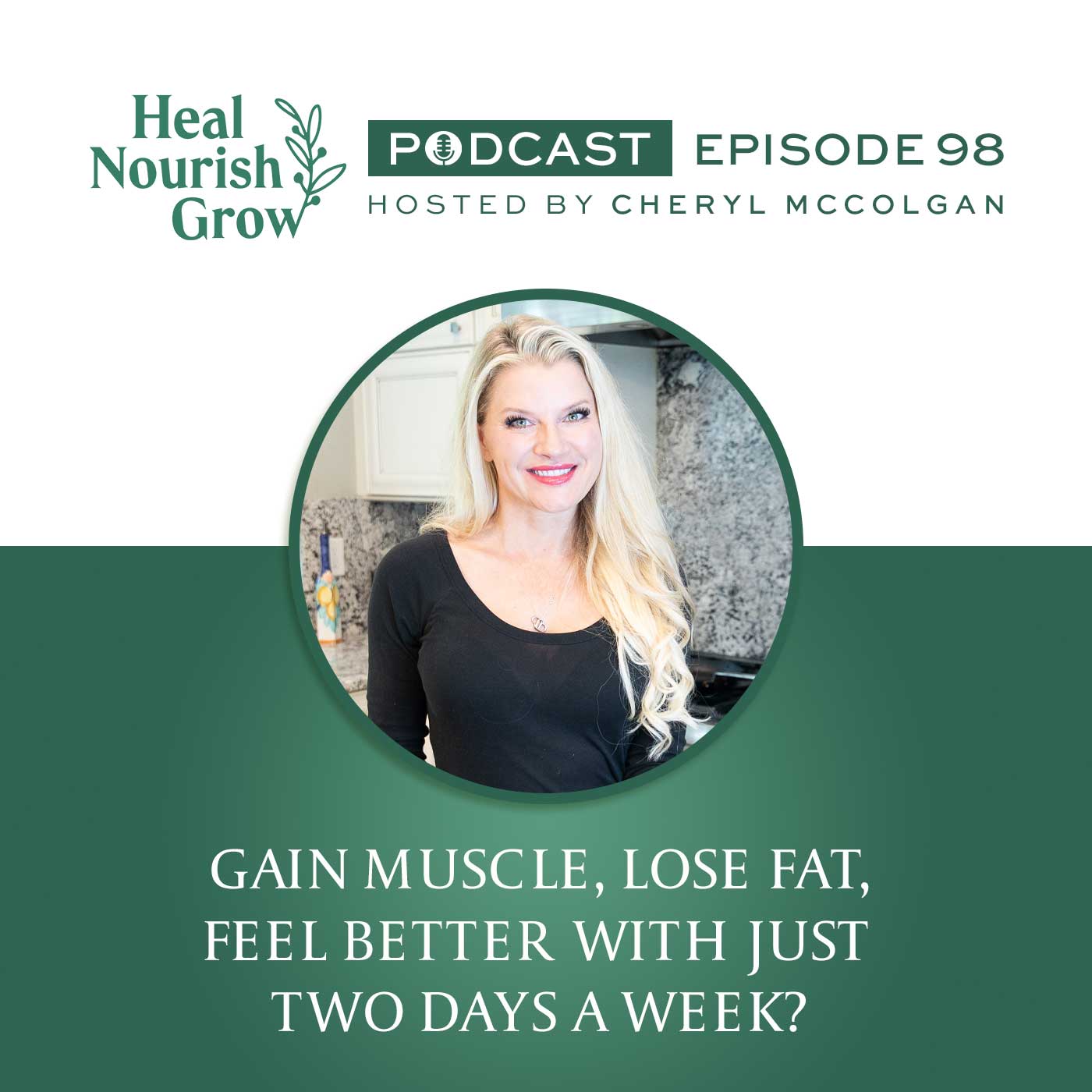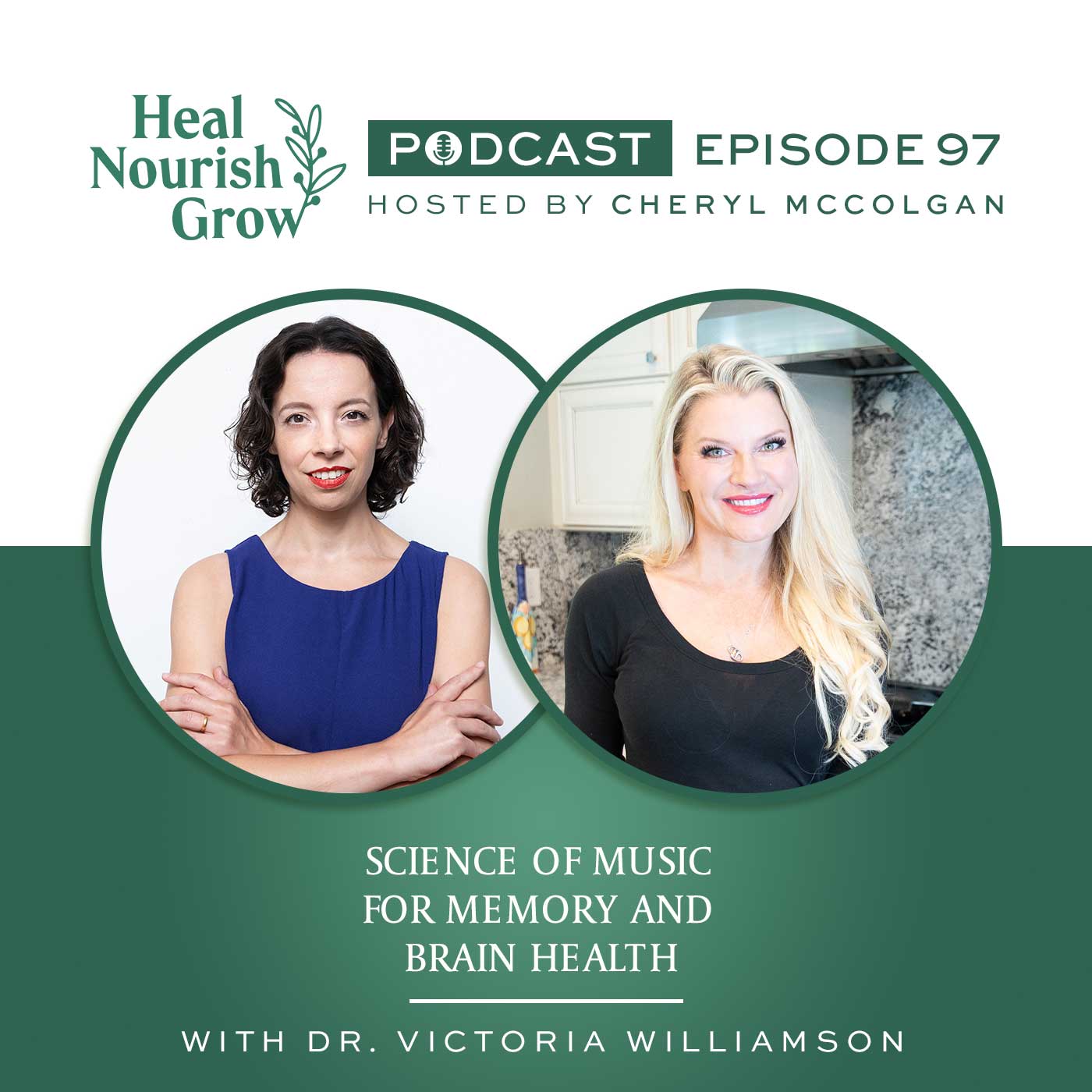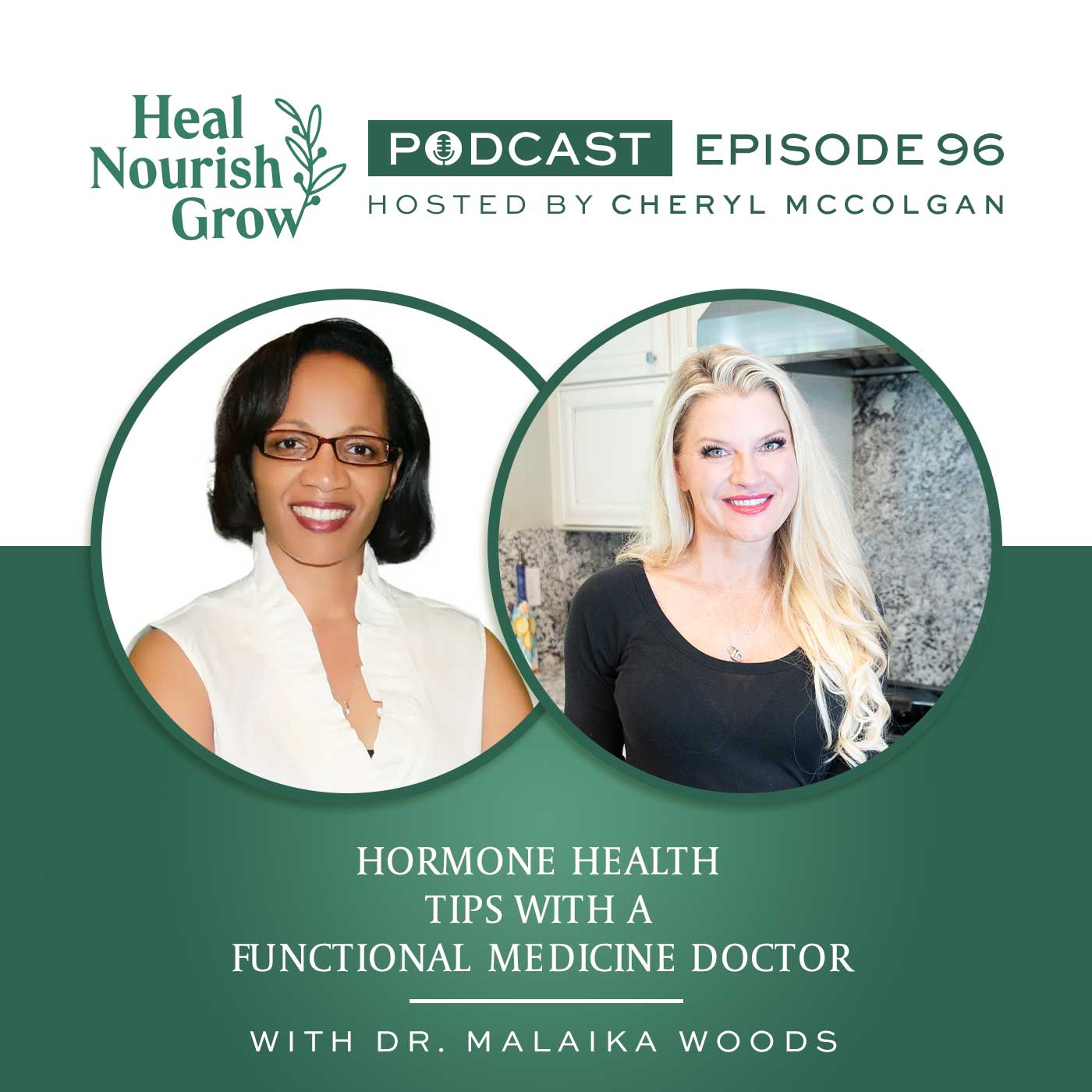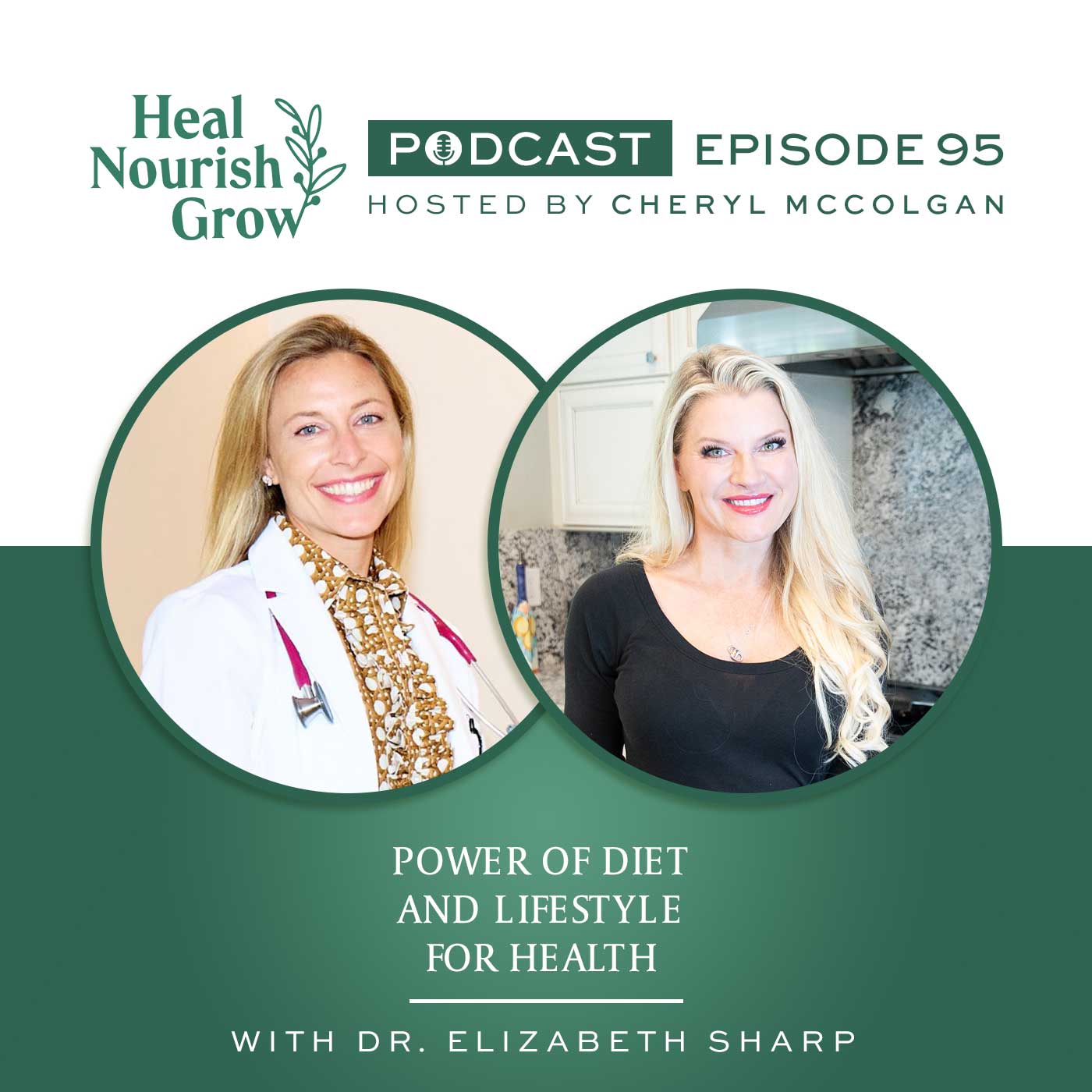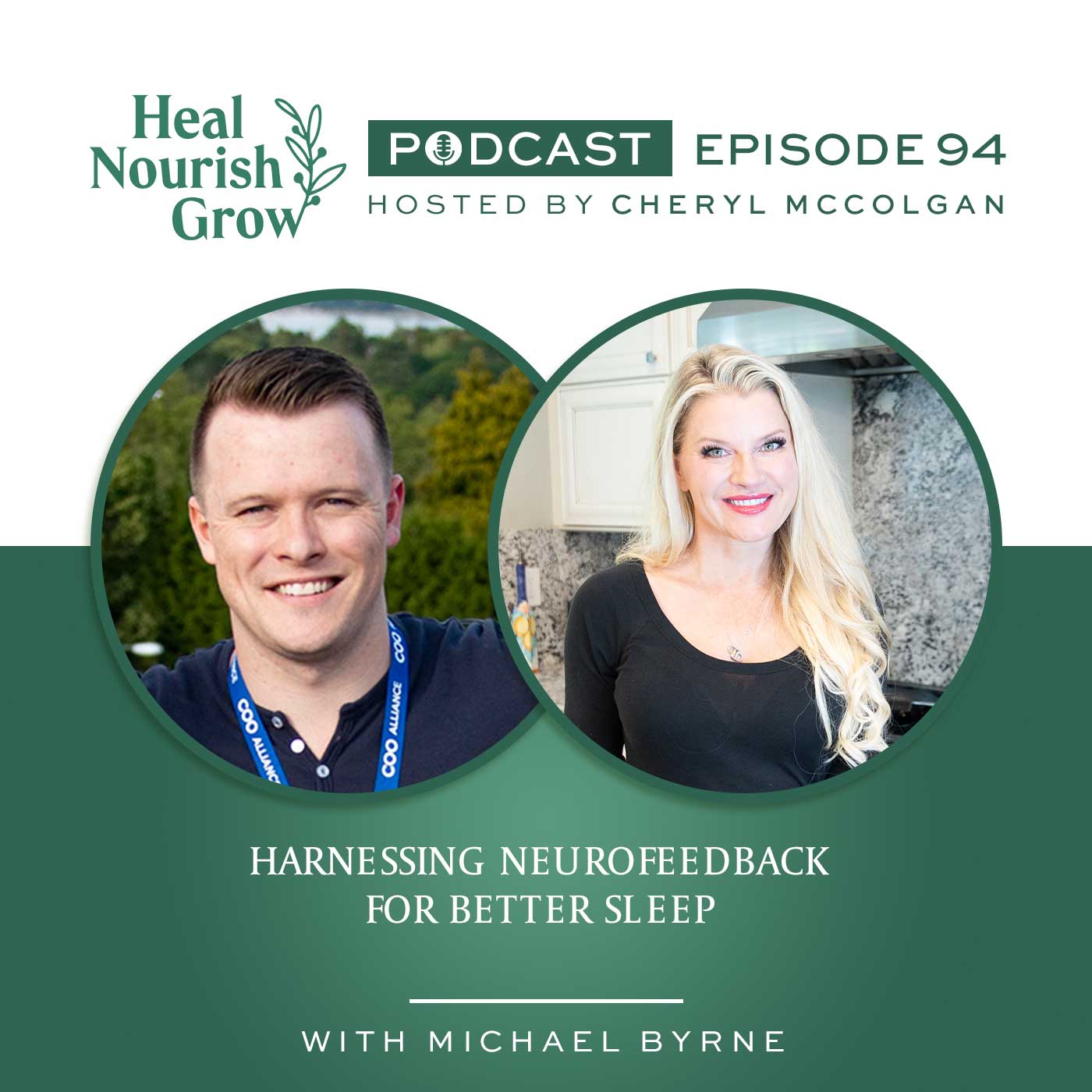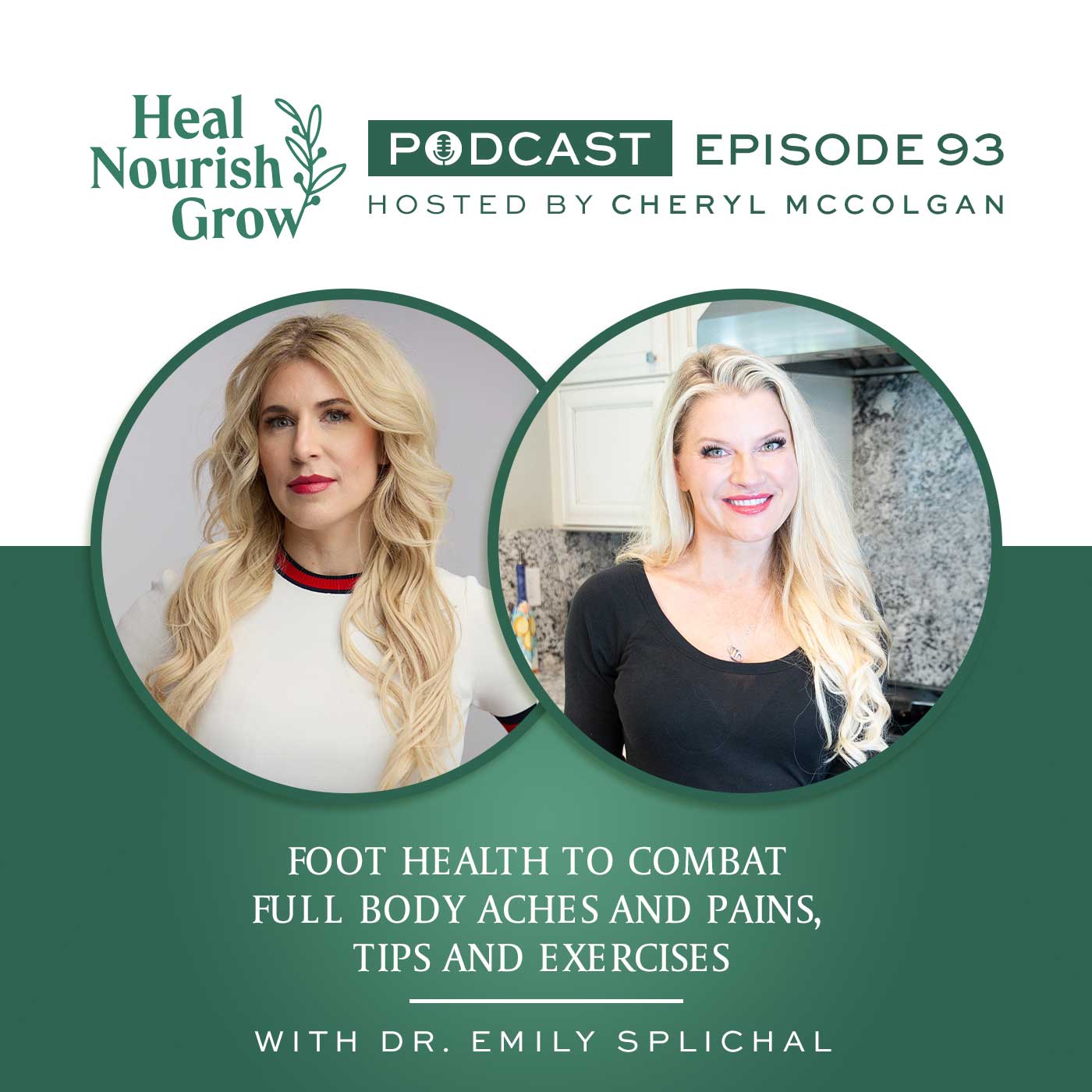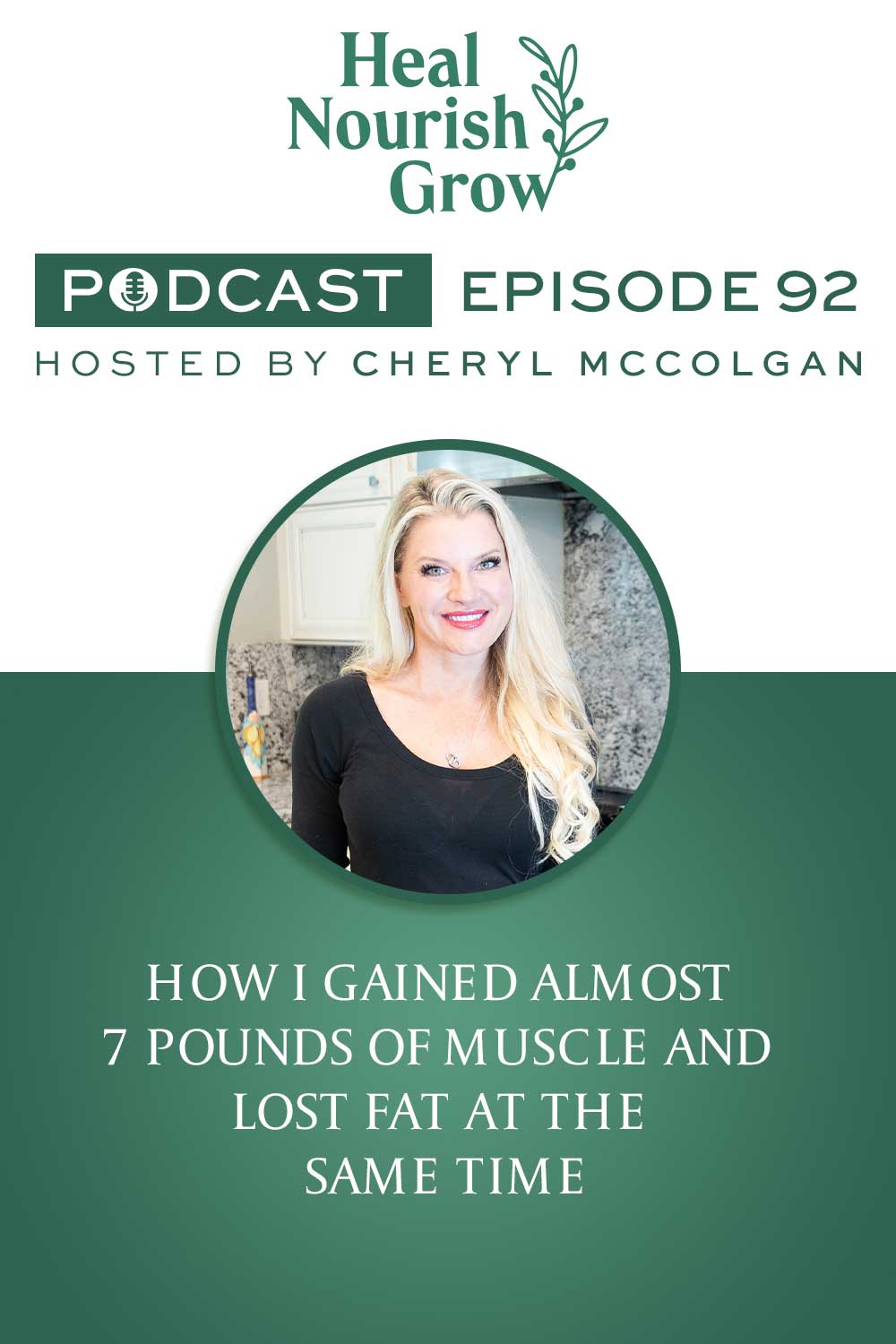Hume Body Pod, Is it Worth It? Hume Health Review
Description
I’ve been planning to do this Hume Health review for a while, but I wanted to wait until I’d used it for six months. During this time, I got three DEXA scans to compare the results to the Hume Health Body Pod scale. According to the manufacturer, the Body Pod correlates within three percent of a DEXA scan. For this Hume Health vs DEXA review, I thought it would be easier to present my thoughts in a video/audio form so I can share it with my podcast audience as well. If you prefer to read it the transcript is below and I’ll be updating this page shortly with a written review.
If you decide to try the Hume Body Pod, use code HEALNOURISHGROW at checkout to receive an extra discount that stacks on top of their sales!
In this episode I discusses the importance of daily weigh-ins and how they can be a valuable tool for tracking body composition over time. However, just knowing your weigh isn’t enough, especially when you’re actively working to build muscle and lose fat. I share my thoughts on various body fat scales I’ve used in the past as well as most recent experience with the Hume Health Scale. Using the three DEXA scans I got during the same time, I compare the accuracy and utility of using a home body composition scale. I also share tips and tricks on how to get the most accurate readings from your Hume Body Pod.
I also provide practical tips for maintaining muscle mass while managing weight, highlighting the significance of protein intake and consistent tracking.
How Accurate is the Hume Health Scale?
The company reports that this scale is the only one approved for medical clinics/ It uses 8 sensors, including a hand held piece to gauge weight, body composition and heart rate each time you step on.
After using this scale well over 6 months now as of April 2025, I can report that it’s very accurate when used under the same daily hydration conditions. Ideally, you use the scale right after you wake up and use the bathroom, before consuming any food or liquid. This is the way to get the most consistent results that show your body composition changes over time.
Takeaways
- Daily weigh-ins can help maintain consistency in weight management.
- Daily weight fluctuations are often due to hydration and diet, not fat gain.
- Tracking weight over time reveals trends rather than daily changes.
- Body fat scales can provide insights into muscle and fat composition.
- The Hume Health Scale offers improved accuracy over traditional scales.
- DEXA scans and body fat scales have their own variances in accuracy.
- Consistency in measurement conditions is crucial for reliable data.
- Prioritizing protein intake is essential for muscle preservation during weight loss.
- Regular strength training helps protect muscle mass during calorie deficits.
- The Hume Health Scale is a valuable tool for at-home body composition tracking.
Disclaimer: Links may contain affiliate links, which means we may get paid a commission at no additional cost to you if you purchase through this page. Read our full disclosure here.
<figure class="wp-block-embed wp-embed-aspect-16-9 wp-has-aspect-ratio is-type-video is-provider-youtube wp-block-embed-youtube">
</figure>
Podcast Transcript
Cheryl McColgan (00:01 .262)
Hey everyone, welcome to the Heal Nourish Grow podcast. Today I am going to discuss a product that I’ve been using for a while and this will be a little bit different of a podcast episode, although it will weave in some of the tools that I’ve used over the years to be consistent. And one of those things is the simple body scale. So I’m one of those weirdos that I weigh every single day. I just look at it as data.
And I really feel like over the years, this is what’s helped me be really consistent and not gain or lose too much weight in any one given time. I know a lot of people are not very excited about using a scale or having daily weigh-ins, but I really do think it’s a valuable tool if you’re a person that can just treat it as data and not allow whatever the number on the scale says to wreck your day, basically.
Because body weight is so dependent really on just day-to-day hydration, whether or not you had a salty meal the night before, that sort of thing. And so what I’ve noticed over the years is that literally my weight can fluctuate within a week of anywhere from a pound or almost the same every day all the way up to a five pound difference, just depending again, mainly on hydration. if you can look at it that you know,
People will often say this and it drives me nuts. I gained three pounds this week or I gained three pounds yesterday and it’s like you really didn’t. You didn’t gain three pounds of fat overnight. You probably just ate something really salty the day before. So what’s really important is more the idea of tracking your weight over time and looking for trends and having the ability to have a weekly average or something like that with your weight.
So you really just want to look at it as data and not let whatever that number is on any given day rule your world. The other reason that we need to be concerned about body weight and why just a regular scale is not all that useful is because there’s never been a really great way to track your body composition using a regular scale. So your regular scale just tells you your weight. It doesn’t tell you anything about how much percent fat you have or how much muscle you have.
Cheryl McColgan (02:22 .606)
or anything like that. as I’ve been going through my little weightlifting consistency thing over the last 18 months, you know, it’s been a big goal of mine to put on more muscle. so oftentimes what has happened on the scale, and I can track this because I’ve gotten several decks of scans over time when I was making this a new goal of mine, is that, for example, in a six month period, even though I’d been working out really consistently and
doing a lot of things that should have affected my weight. If I was looking at my weight as just the number on the scale, after six months, my weight was exactly the same. It was crazy. And if you didn’t have some kind of tool like a dexter or whatever, you might’ve thought, I didn’t make any progress at all. And it would really be easy to get discouraged. But what actually happened in that amount of time is that I had put on three pounds of muscle and lost three pounds of fat at the same time.
which is really amazing. Yet with a traditional scale, all you’d get on the scale is that you were exactly the same. And so that can be really defeating. And so one of the tools, and I’ve talked about this over before, that I’ve used over the years is a body fat scale. And they use bioelectrical impedance to send electrical current through your body. And basically the way that it works is that your muscle holds a lot more water than fat. it,
the electrical signal passes through it. I always get this little confused, but it’s either it passes through it more quickly or less quickly than that. And that’s how they tell the difference. And so then using some kind of calculation and algorithm, they’re able to predict your body fat and your muscle mass based on that electrical signal. Now, when these first came out, they were not very consistent at all, but I’ve always been an early adopter and I’ve always been involved in the health and wellness space for a really long time.
So I had one of the first ones that came out, a bioelectrical impedance scale. based on, know, I think I had my first, like I had a hydrostatic, which is where you actually immerse yourself in water. And this used to be the gold standard of body composition, you get immersed in water to do your body fat. And I had had the scale at the same time. So I knew.
Cheryl McColgan (04:43 .286)
that the scale was really off. But what has always been good for is trends because what it will do relatively well is track over time, are you losing fat, gaining fat, losing muscle, gaining muscle. So in that way, it was kind of useful. then it still is just acts like a regular scale and tells you you’re right every day. So the first one I had probably 15 years ago or whenever those first came out, not that great, but had it for years. And then probably about
five years ago, I’d say I invested in a new one. was a withings and it was definitely better and had some other little features that I really liked. Like it had a cardiovascular health number that was based on, there’s this other thing that it can measure with the electrical current and kind of tell you the ideas if your vessels are flowing more openly or more closed and kind of just give you some indicator of cardiovascular health. So I really liked the withings scale for that.
had that for several years. Also knew that based on DEXA that it wasn’t really very accurate in comparison what the body fat actually was. And so then I had the opportunity to try the Hume Health Field. I’m just going to show it to you. Here it is. And if you’ll notice my background in the room right now, I’m in a different spot because I’m actually out in Utah snowboarding for two months. And so I actually brought this with me. So that should tell you something. Number one, I did want to fina

